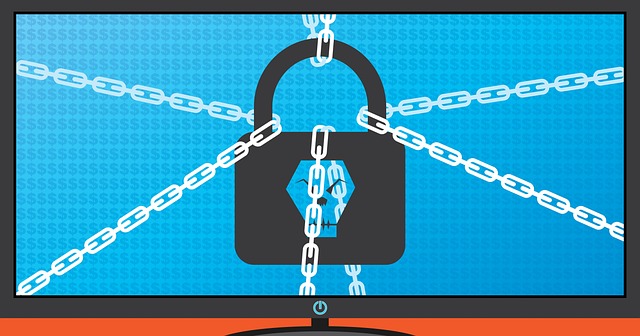The rise of ransomware attacks has transformed the landscape of cybersecurity, making it an imperative for businesses and individuals alike to adopt stringent protective measures. Ransomware, a form of malicious software that locks users out of their data until a ransom is paid, has disrupted countless lives and operations. As our world becomes increasingly interconnected through technology, understanding the nuances of this threat and mitigating its impact has never been more essential.
With the surge in remote work and digital transactions, the door has been thrown wide open for cybercriminals. Social trends indicate that organizations are more reliant on cloud services and online collaboration tools than ever. However, this reliance comes with vulnerabilities. Technology etiquette now includes not only how we communicate online but also how we protect our digital assets. Employees are tasked with a dual responsibility: using tech safely while also being aware of potential ransomware traps. Simple actions like clicking on unfamiliar links or neglecting software updates can open floodgates to malicious attacks.
Moreover, the psychological impact of ransomware cannot be overstated. The anxiety and stress that come with the potential loss of valuable data or the threat of having sensitive information exposed are real. Companies find themselves at a crossroads: do they prioritize immediate recovery and pay the ransom, or do they invest in preventative measures to bolster their defenses? This dilemma speaks volumes about the current social trends where the value of data cannot be overstated, leading to a heightened sense of urgency in implementing cybersecurity protocols.
To combat ransomware attacks effectively, integrating technology etiquette into workplace training is crucial. Regularly educating employees about the dangers of ransomware and teaching them to recognize phishing attempts can be instrumental in prevention. Organizations need to cultivate a cybersecurity-conscious culture; this includes fostering open dialogues about safety practices and encouraging team members to report suspicious activities without fear of repercussion.
As we adapt to these new technological environments, the importance of social responsibility in our online interactions becomes paramount. The collective attitude toward cybersecurity now necessitates that everyone— from tech giants to small businesses— adopt a proactive stance against ransomware. This involves embracing robust security solutions, maintaining regular data backups, and enforcing stringent access controls. By understanding that each individual’s behavior can contribute to or deter the risks associated with ransomware, we can collectively strengthen our defenses.
Ultimately, guarding against ransomware requires a blend of technology, social awareness, and personal accountability. It’s not just an IT issue—it’s a fundamental aspect of modern life that intertwines with how we communicate, collaborate, and even coexist in a digital world. Adopting the best practices in cybersecurity isn’t merely proactive; it’s necessary for ensuring our safety in an age where digital threats loom large.




